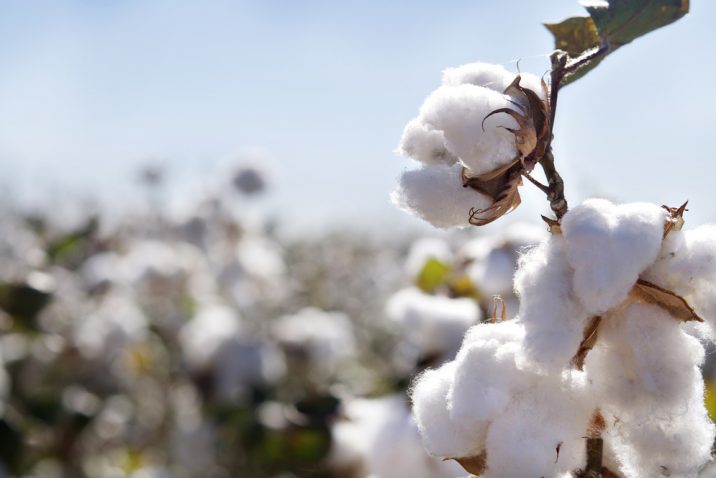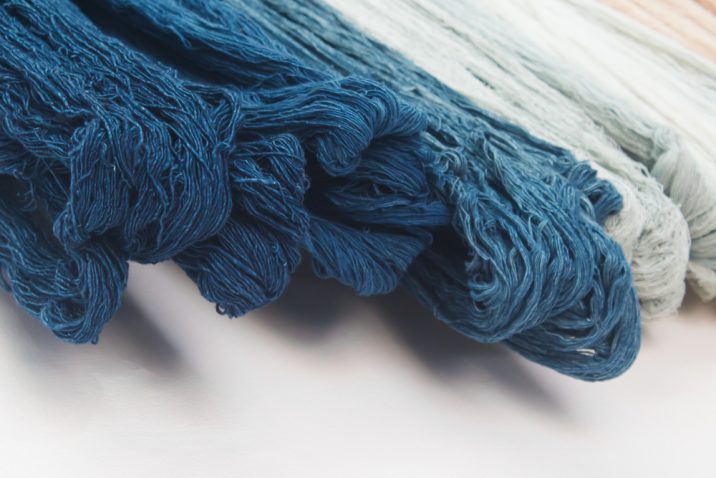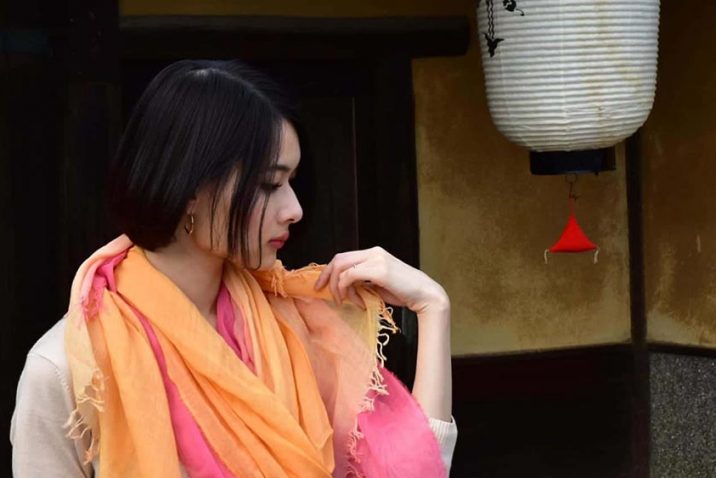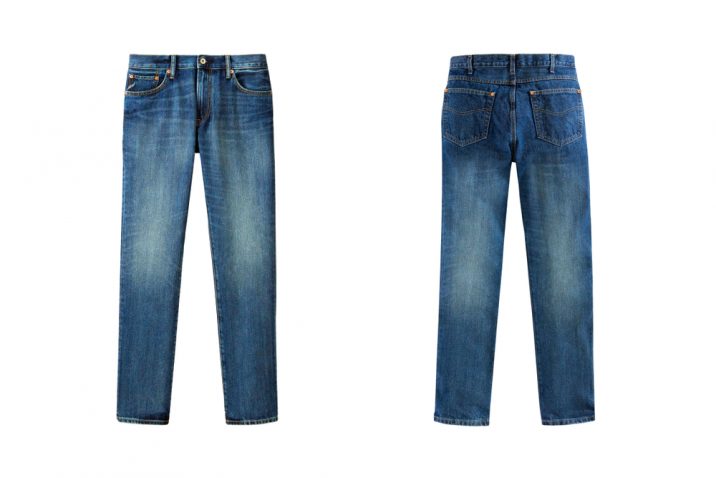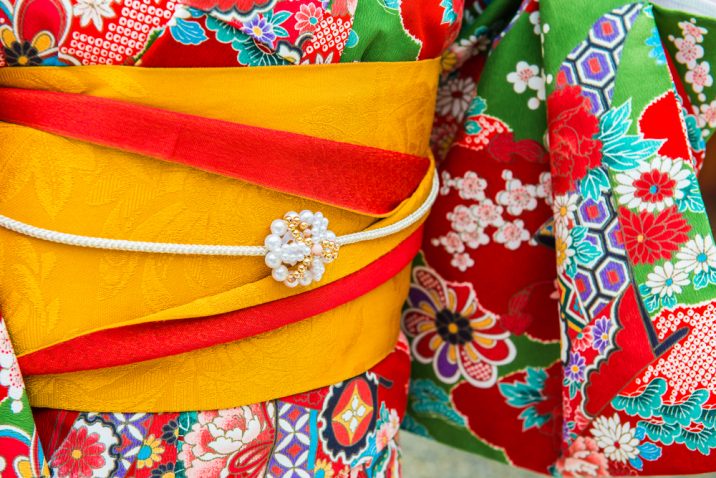The Global Organic Textile Standard (GOTS) is a worldwide textile production certification that ensures the quality of organic fibers. GOTS is known as the world’s strictest textile standard as it assesses all processors, manufacturers and...
Fast fashion refers to cheap, mass-produced clothing that represents the latest trends on the market. Fast-fashion brands can offer thousands of styles at a low price because they rely on offshore mass manufacturing where labor is cheap. They also...
We know that sustainable fashion brands come with quality and ethical assurances, which typically add to their price tags. TSU.NA.GU. is a Japanese fashion brand that challenges this notion by adopting a made-to-order model. In 2018, the brand...
Allbirds is a conscious startup that makes sustainable, stylish and comfortable footwear. Conventionally, the majority of athletic footwear has been made with petroleum-based synthetic materials. However, Allbirds’ manufacturing uses renewable...
Giving back by companies can involve allocating part of their profits to community involvement and environmental efforts. In fact, many conscious companies conduct such initiatives throughout the year. This means that as a customer, with every...
In Japan, various dye techniques developed during the Edo period, such as kusaki-zome, a natural dyeing technique that draws colors from plants, flowers and fruit. Back then, natural pigments were used for textile dyeing, which was eco-friendly and...
Denim is a fashion staple that many people keep in their closets; however, it’s also one of the most resource-intensive garments. Japanese fashion retailer UNIQLO launched the sustainable denim project BlueCycle Jeans to overcome this issue...
Kimonos are typically made from silk, one of the most durable natural fibers. With their beautiful patterns and luxurious style, kimonos can be upcycled into many fashion items. For example, Kyoto-based retailer Relier81 makes women’s shoes...
Rename is a Japanese brand that is motivated to reduce excess inventory in the apparel industry. In Japan, 94,000 tons of unsold clothing are discarded each year. One of the reasons for this inventory waste is that fashion brands can’t sell...
The quest for a cruelty-free alternative to animal leather has been a hot topic in the fashion industry. Some examples include H&M’s pineapple leather and Stella McCartney’s vegetarian leather. A new addition to the cruelty-free...


